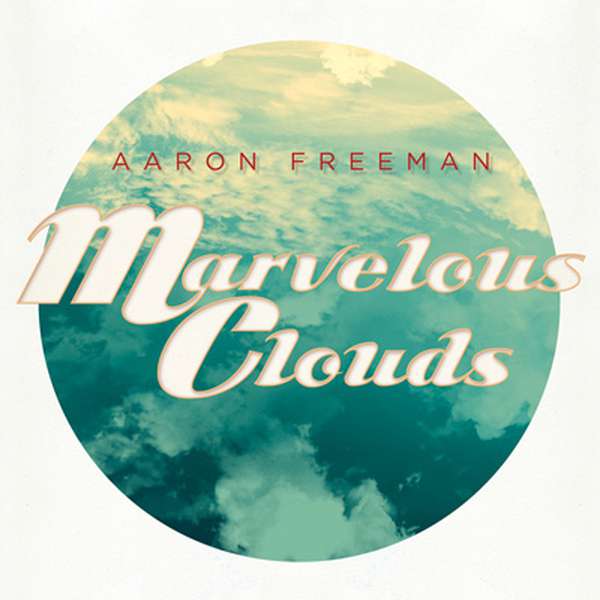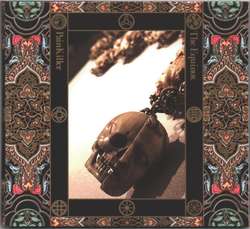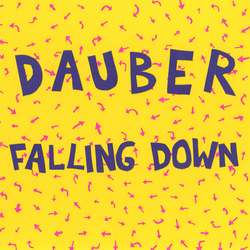Rolling Stone didn’t do Aaron Freeman any favors in running their interview that announces the end of Ween before I got my hands on this record. Now, besides having to overcome the shadow cast by his band, it also has to overcome being the record that broke up Ween. Anyway, Freeman has been making music since the early 1980s and he knows his way around the soundboard. That doesn’t change even if he’s no longer using the Gene Ween moniker or teaming up with Deaner.
Marvelous Clouds isn’t really a departure. The record, consisting of thirteen Rod McKuen songs, fits a common tone used by Ween for years: atmospheric, moody music, suited to a dark corner but overlooked by a warped, sunny veneer. Despite the fact that these aren’t originals and that Freeman is issuing a solo record, there is a familiar element. Still, McKuen’s mark here is larger than Freeman’s, and the record comes across more as kitschy 1960s pop than as tongue-in-cheek…well, whatever that thing was that Ween did so well. At its best, it’s creepy ‘60s pop run through a druggy strainer, falling somewhere between Quebec and The Mollusk. At its worst, it’s hokey ‘60s pop—a product that sounds entirely dated despite being released a half-century later, and the moments of hit and miss stand out in contrast.
“Marvelous Clouds” is among the leaders on the record, with shades of the Quebec album but a with more 1960s elements. The opening effects feel out of place (here and on much of the record), but the dramatic keyboards and the thematic balance between feeling without a place in the world melded with a simultaneous sense of awe at earth’s marvel. The duality is a familiar theme with Freeman, and many of the metaphors run throughout the whole of the record. Another standout is “Jean,” though it seems questionable to me to include a song whose title winks at the project he’s departing (even if the titular spelling differs).
The problems with the record lay in general atmosphere. The weeping guitars, cute and wholesome background melodies, and sunny disposition get old fast. On a Ween record, the songs played strongly, as homage, in part because they were limited. The overbearing 1960s element is too much when it spans thirteen songs. By the time of the spoken word introduction to clunker “Pushing the Clouds Away,” it’s just too much. There are moments of great melody and drama throughout, but they’re overshadowed by the singular, serious feel.
In many ways, Marvelous Clouds is Ween, minus the brown. For many, myself included, that brown—that something that was just a touch off-base and buried within—is what made Ween so appealing. On Marvelous Clouds, it feels as though Freeman has abandoned the dick jokes in favor of the serious once and for all. Then again, his follow-up could be easily be a reconfigured Baja Marimba Band songs—the solo train has only just left the station and his history doesn’t suggest predictability.




